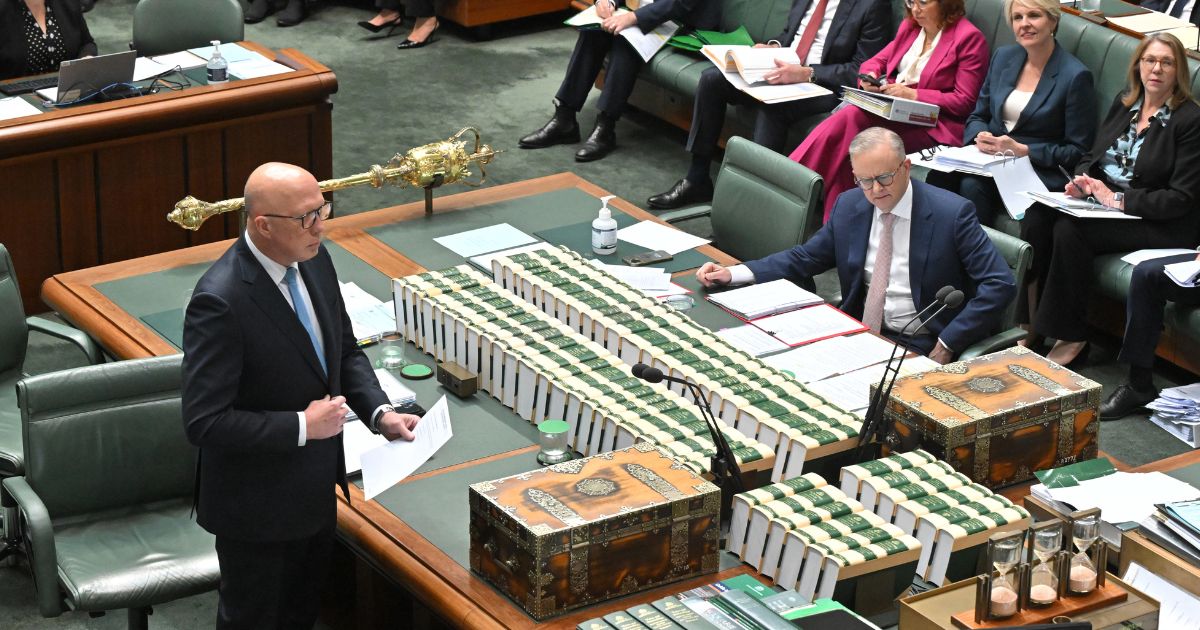Rushed, secretive and dismissive – the dirty deal which degrades our democracy

Last night the federal Liberal Party announced it had done a deal with the Albanese Labor Government on electoral laws – and, this morning, it became law, having been rushed through both houses of Parliament.
The Australia Institute’s detailed analysis of the bill identifies several loopholes the major parties could exploit; unfair treatment of new entrants and independent candidates; and the danger that tens of millions of dollars of new taxpayer funding are spent on misleading advertising.
Labor’s compromises with the Coalition have made a bad bill even worse:
- Instead of a disclosure threshold of $1,000, which would have revealed cash-for-access payments from lobbyists and corporate interests, the threshold has been raised to $5,000. Since the Albanese Government normally charges between $1,500 and $5,000 for privileged access to ministers, it seems unlikely that cash-for-access payments will be captured under the new regime. A lobbyist would have to be a repeat customer to have their cash-for-access payments revealed under the higher threshold.
- The increased donation cap of $50,000 (up from $20,000) means millionaires will still be able to wield enormous financial power. Since the major parties have nine branches, and they can take four donations per donor every three years, that means a single person or company could give $1.8 million to a major party every election cycle.
- A carve-out for peak bodies means the Business Council of Australia, the Minerals Council of Australia and other lobby groups for vested interests can take up to $250,000 from each member organisation, five times the $50,000 that actual Australian voters are capped at.
“It has been a rushed, secretive and dismissive process to pass the electoral changes through Parliament. Last night, the Senate was expected to debate the bill without even seeing what amendments Labor and Liberal had prepared. The biggest changes to election laws in 40 years should have faced proper scrutiny by a multi-party Parliamentary Inquiry,” said Bill Browne, Director at The Australia Institute’s Democracy & Accountability Program.
“Fortunately, the laws do not come into effect until the election after next, around 2028. That means there is still a chance for the next parliament to address the transparency gaps, major party loopholes and unfair treatment of independents and new entrants.
“While the government bent over backwards to accommodate peak lobbies like the Business Council and Minerals Council, all the charities sector got was a letter from the minister promising to ‘engage in good faith’ in the future. The charities sector employs hundreds of thousands of Australians, but governments treat it like an afterthought. Muzzling charitable advocacy while giving corporate interests free rein will only weaken community voices.”
General Enquiries
Emily Bird Office Manager
Media Enquiries
Glenn Connley Senior Media Advisor